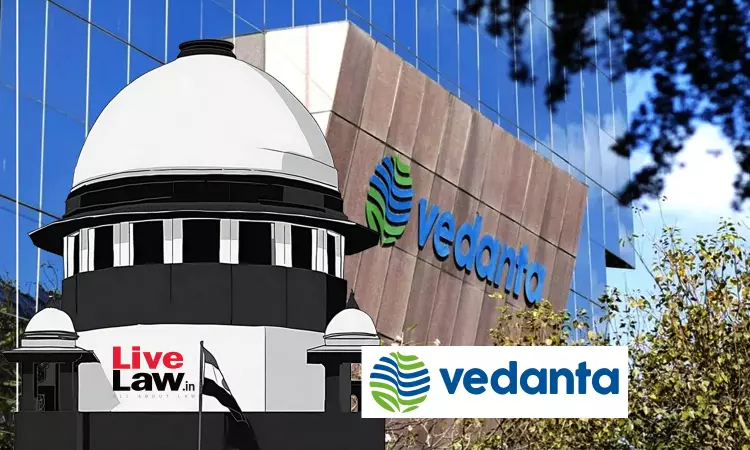'Serious Violations' : Supreme Court Dismisses Vedanta's Plea To Reopen Copper Smelting Unit In Tamil Nadu's Tuticorin
Awstika Das
29 Feb 2024 4:56 PM IST

Next Story
29 Feb 2024 4:56 PM IST
Citing 'repeated breaches' and 'serious violations' on the part of Vedanta, the Supreme Court on Thursday (February 29) refused to grant it permission to reopen its Sterlite copper smelting plant in Tamil Nadu's Tuticorin.A bench of Chief Justice DY Chandrachud and Justices JB Pardiwala and Manoj Misra dismissed the special leave petition filed by Vedanta Limited against an August 2020...
